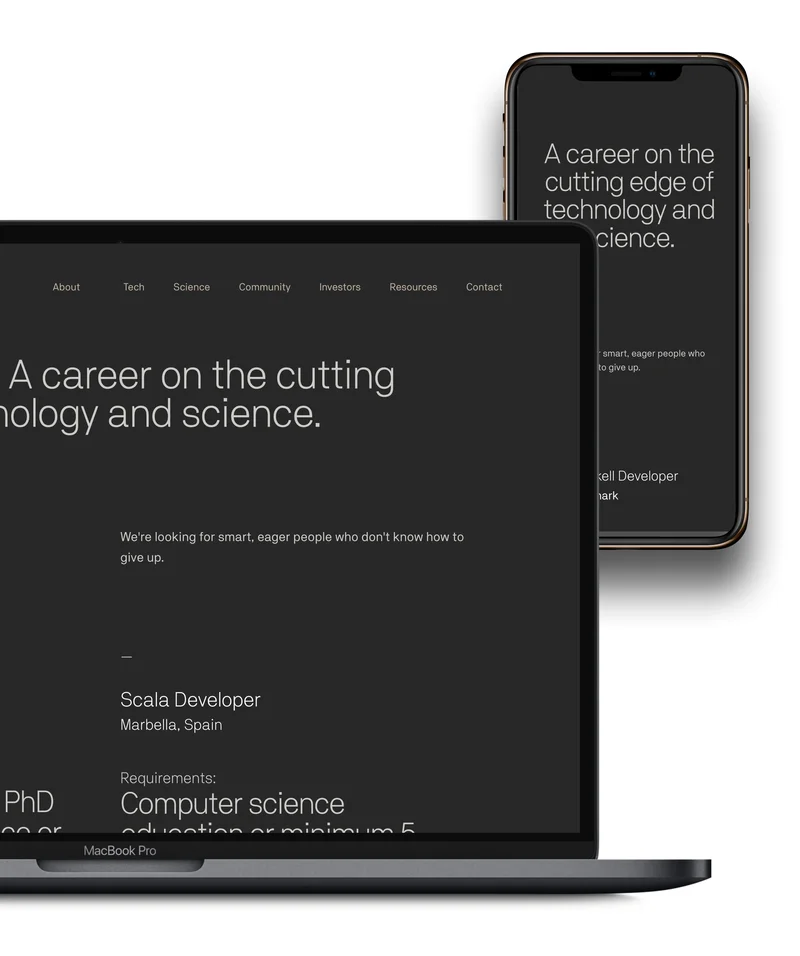Article Directory
The End of Anonymity? Why Concordium's New Approach Could Finally Tame Crypto for the Real World
We’ve all been watching the crypto space for years, haven’t we? It’s been a chaotic, exhilarating, and often baffling spectacle. A digital Wild West, filled with anonymous gunslingers, overnight millionaires, and spectacular flameouts. The narrative has always been about disruption through radical decentralization and, crucially, anonymity. But what if that narrative has been missing the point all along? What if the real revolution, the one that truly changes how the world moves money, isn't about hiding, but about being seen?
When I first read about Concordium’s core design—baking identity verification directly into the blockchain protocol itself—I honestly had to sit back in my chair for a moment. It’s such a simple, elegant, and profoundly counter-intuitive idea in a space obsessed with pseudonyms and secrecy. And with its native token, $CCD, now listing on a major exchange like Kraken and attracting serious institutional capital from firms like Hilbert Group, it’s clear this isn’t just a thought experiment anymore. This is the beginning of a fundamental shift in what a blockchain can be. It's the kind of breakthrough that reminds me why I got into this field in the first place.
This isn't just another coin on another exchange. This is about building the one thing that has kept trillions of dollars of institutional money sitting on the sidelines: a trusted bridge. We are watching, in real-time, the construction of the financial highways of tomorrow, and it turns out they’re going to have license plates.
The Trillion-Dollar Handshake
For years, the story has been "institutions are coming." Yet, for the most part, they’ve remained hesitant, dipping a toe in Bitcoin or Ethereum but never fully diving in. Why? Because the worlds of traditional finance (TradFi) and decentralized finance (DeFi) speak two completely different languages. TradFi speaks the language of compliance, regulation, and identity (KYC/AML). DeFi speaks the language of permissionless, anonymous transactions. You can't run a global payment system for a Fortune 500 company on a network where you can't verify who you're sending a billion dollars to.
This is the problem Concordium is solving. Think of it this way: for the last decade, blockchain technology has been like a Formula 1 car—an absolute marvel of engineering, capable of incredible speed and performance. But you can't drive it to the grocery store. It isn't street-legal. It has no airbags, no turn signals, and no registration. Concordium is building the chassis for a street-legal supercar. It has the revolutionary engine of a blockchain, but it also comes with the built-in safety and accountability features—the VIN number, if you will—that the real world demands.
This is precisely why Hilbert Group, a NASDAQ-listed investment firm, just made its first major token investment outside of Bitcoin and Ethereum into Concordium’s CCD. Hilbert Views Concordium as a Link Connecting Traditional Finance and Regulatory-Compliant DeFi Systems. That’s not a speculative bet; it's a strategic one. It’s a signal that the "smart money" isn't looking for the next meme coin. They’re looking for infrastructure. They're looking for the plumbing that will support the future of finance. What does it tell you when a regulated, public company places a significant bet on the one blockchain designed from the ground up to embrace regulation?

The Kraken listing is the other side of this coin. Concordium’s Native Token $CCD Lists on Kraken as Token Project Moves to Support Next-Gen Stablecoin Infrastructure. It’s not just about liquidity. It's about access. It throws open the doors for builders, developers, and businesses in over 150 countries to get their hands on CCD and start creating the very applications this new financial paradigm needs. As Concordium’s CEO, Boris Bohrer-Bilowitzki, puts it, we're at an "infection point for stablecoins." And for stablecoins to become the backbone of everyday commerce, they can't live in the Wild West. They need to live in a world of trust.
Privacy in an Age of Accountability
Now, I know what you might be thinking. "Identity on a blockchain? Isn't that a dystopian nightmare waiting to happen?" This is where the sheer elegance of the technology shines. The goal isn't to plaster your personal data all over a public ledger. It’s about verification, not exposure.
Concordium uses something called zero-knowledge proofs to achieve this. In simpler terms, it's a cryptographic magic trick that lets you prove you know a secret without revealing the secret itself. Imagine being able to prove to an application that you are over 21, are not on a sanctions list, and are a resident of a specific country, all without ever revealing your name, your date of birth, or your address. You can prove you're a verified, compliant entity without sacrificing your personal privacy. This isn't a choice between anonymity and surveillance; it's a third way—accountability with privacy.
This delicate balance is absolutely crucial. We have a profound ethical responsibility here to build systems that empower, not control. By embedding privacy-preserving identity at the core, we can create financial tools that are both accountable to regulators and respectful of users.
This feels like a historical echo. Remember the early internet? It was a chaotic, anonymous space. Then came the SSL certificate—that tiny padlock icon in your browser. That simple symbol of trust is what unlocked e-commerce. It gave people the confidence to type in their credit card numbers and build the digital economy we know today. Concordium's on-chain identity layer could be the "padlock icon" for the next generation of finance, unlocking everything from cross-border payments and institutional DeFi to tokenized real-world assets. The potential here is just staggering—we're talking about a financial system where international transfers settle in seconds, not days, where smart contracts have legal enforceability, and where digital money is finally smart enough to understand the rules of the real world, and it’s all being built right now.
So, is this the end of the anonymous, anything-goes ethos of early crypto? For some applications, yes. And I believe that's not just a good thing; it's the only way forward.
Welcome to the Grown-Up Blockchain
Let's be clear. The wild, experimental frontier of crypto will always have its place. But for blockchain technology to achieve its true potential—to become the invisible, trusted backbone of the global economy—it has to grow up. It needs to learn to speak the language of business, law, and regulation. What we're seeing with Concordium isn't a betrayal of the crypto ethos; it's its maturation. This is the moment the technology stops being a solution in search of a problem and starts solving the biggest financial problems in the world. This is the quiet revolution, and it has finally begun.


